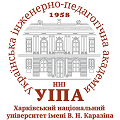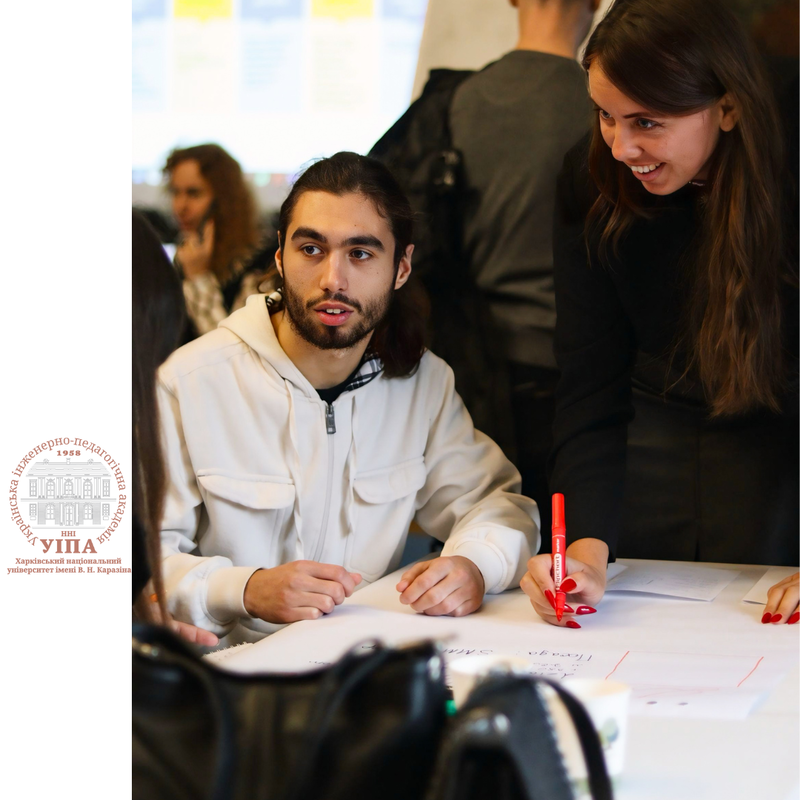From 20 to 22 October 2025, a representative of the Centre for Innovative Educational Technologies of the ERI “UEPA” of V. N. Karazin Kharkiv National University took part in a three-day training course dedicated to the development of career counselling skills and the formation of a personal brand in the labour market.
During the first day, participants learned about the main aspects of career counselling, active listening tools, and how to set SMART goals. Special attention was paid to developing the soft skills and leadership qualities necessary for future professionals.
The second day of the training was devoted to the topic of employment. Participants studied job search tools, learned the secrets of writing a high-quality CV and creating their own brand. During practical tasks, everyone was able to develop an individual self-presentation strategy and write a cover letter.
On the final day, participants practised their interview skills, presented their own speeches, analysed real cases from the labour market, and discussed employment trends during wartime and post-war periods. Issues of information security and fraud when looking for work were also discussed.
During the practical parts of the training, participants put their acquired knowledge into practice and received feedback from trainers. All training participants were also given an electronic version of the Career Counselling for Young People handbook, approved by the Ministry of Youth and Sports.
The training became not only a source of useful knowledge, but also an effective platform for sharing experience, professional development and forming new partnerships.
The participants and administration of the ERI “UEPA” of V.N. Karazin Kharkiv National University would like to express their gratitude for the opportunity to acquire new knowledge and skills, and special thanks for the training location – Uzhhorod Castle.
The event was organised by the Ministry of Youth and Sports of Ukraine in cooperation with the non-governmental organisation “3.5 Percent” with the assistance of the Charitable Foundation “SpivDiia”, UNICEF and financial support from the German Federal Ministry for Economic Cooperation and Development (BMZ) through the German Development Bank (KfW).




